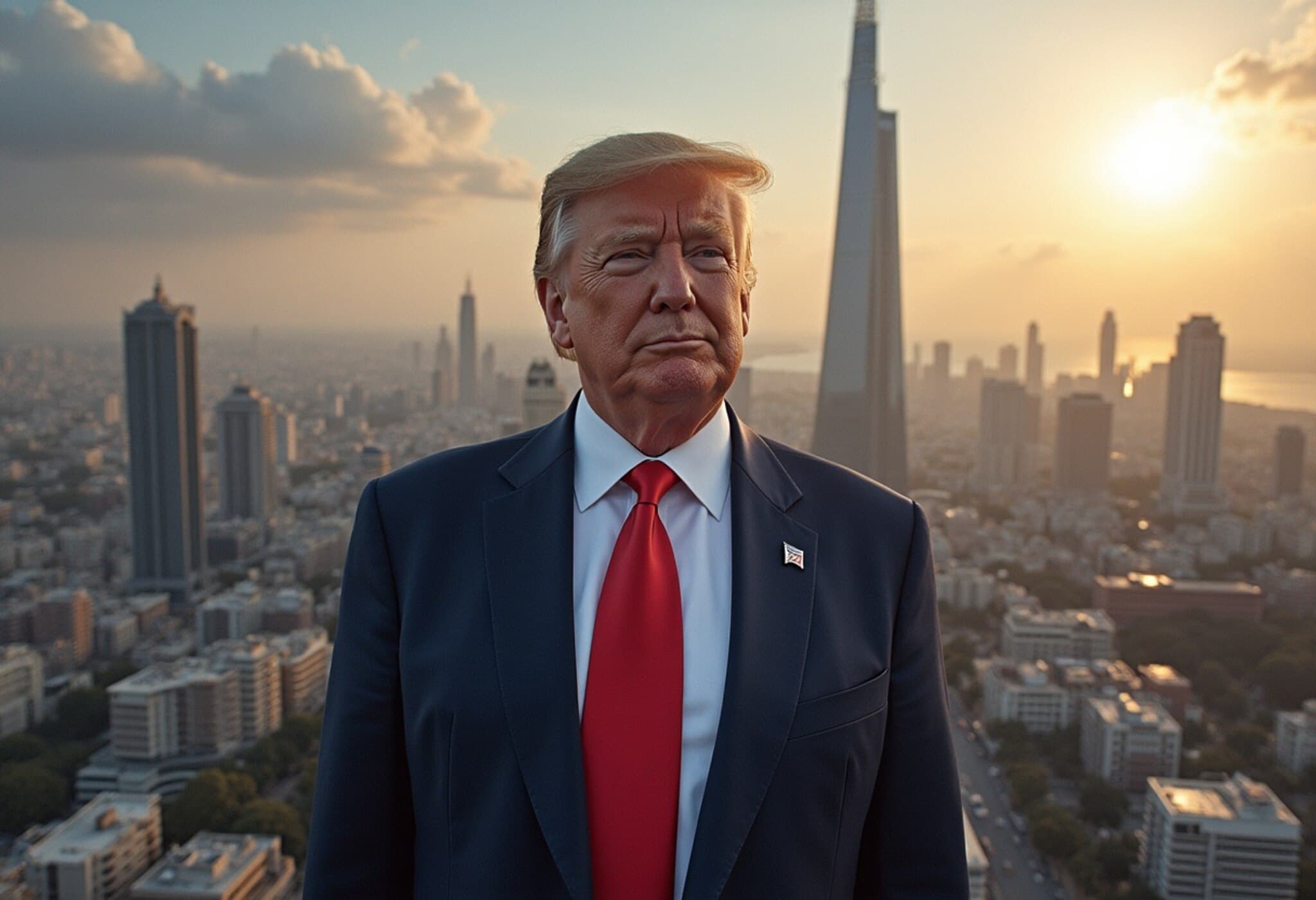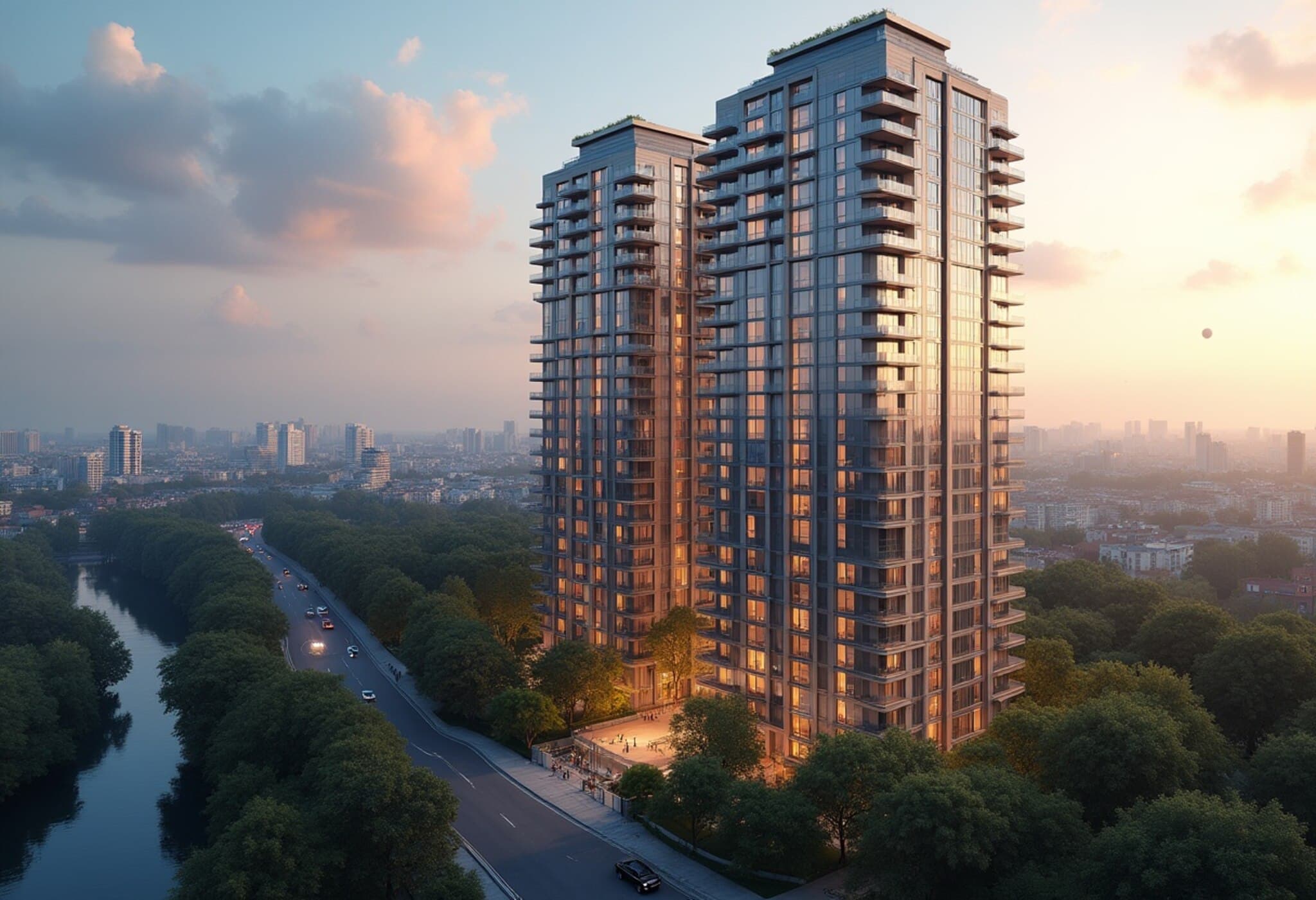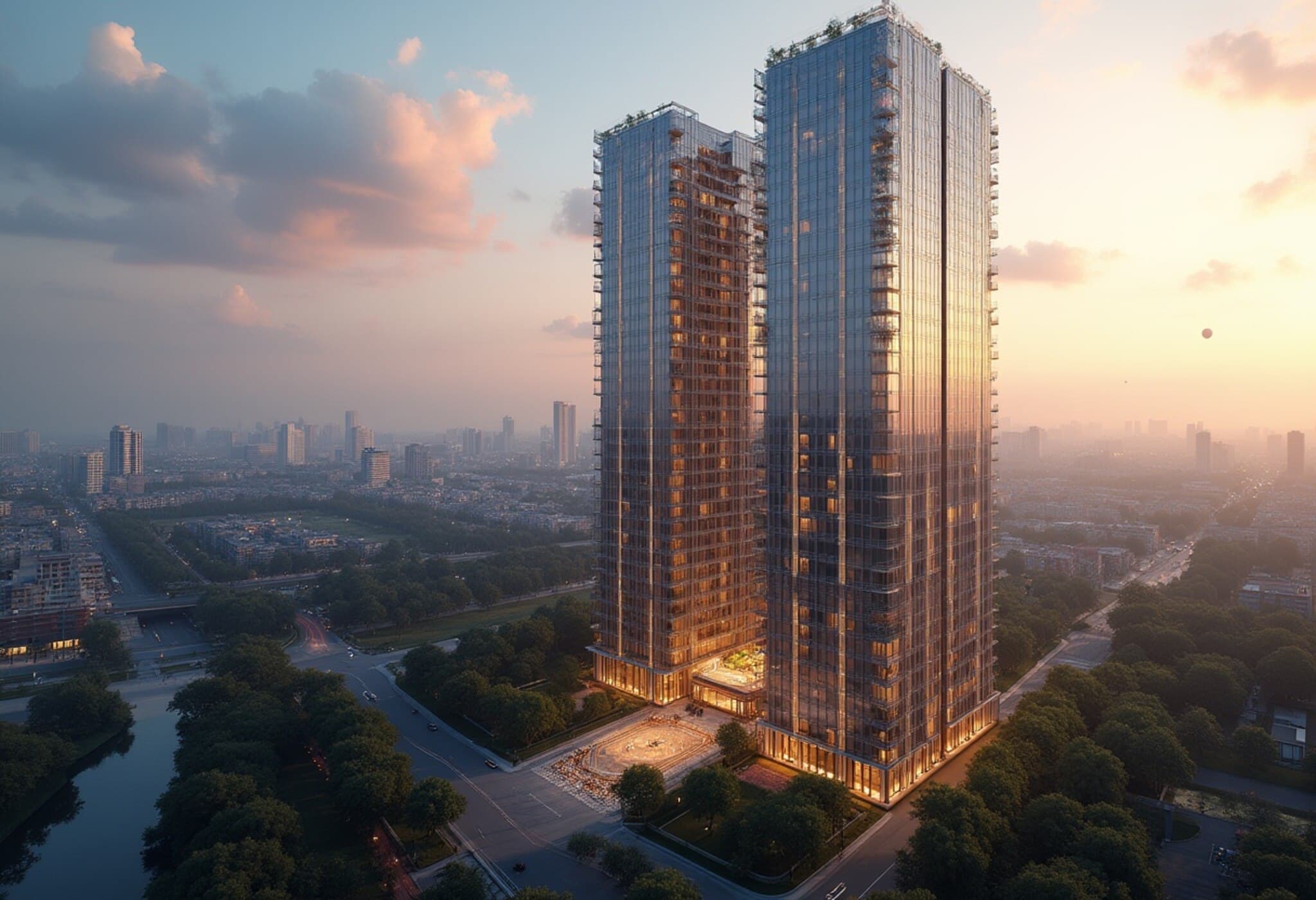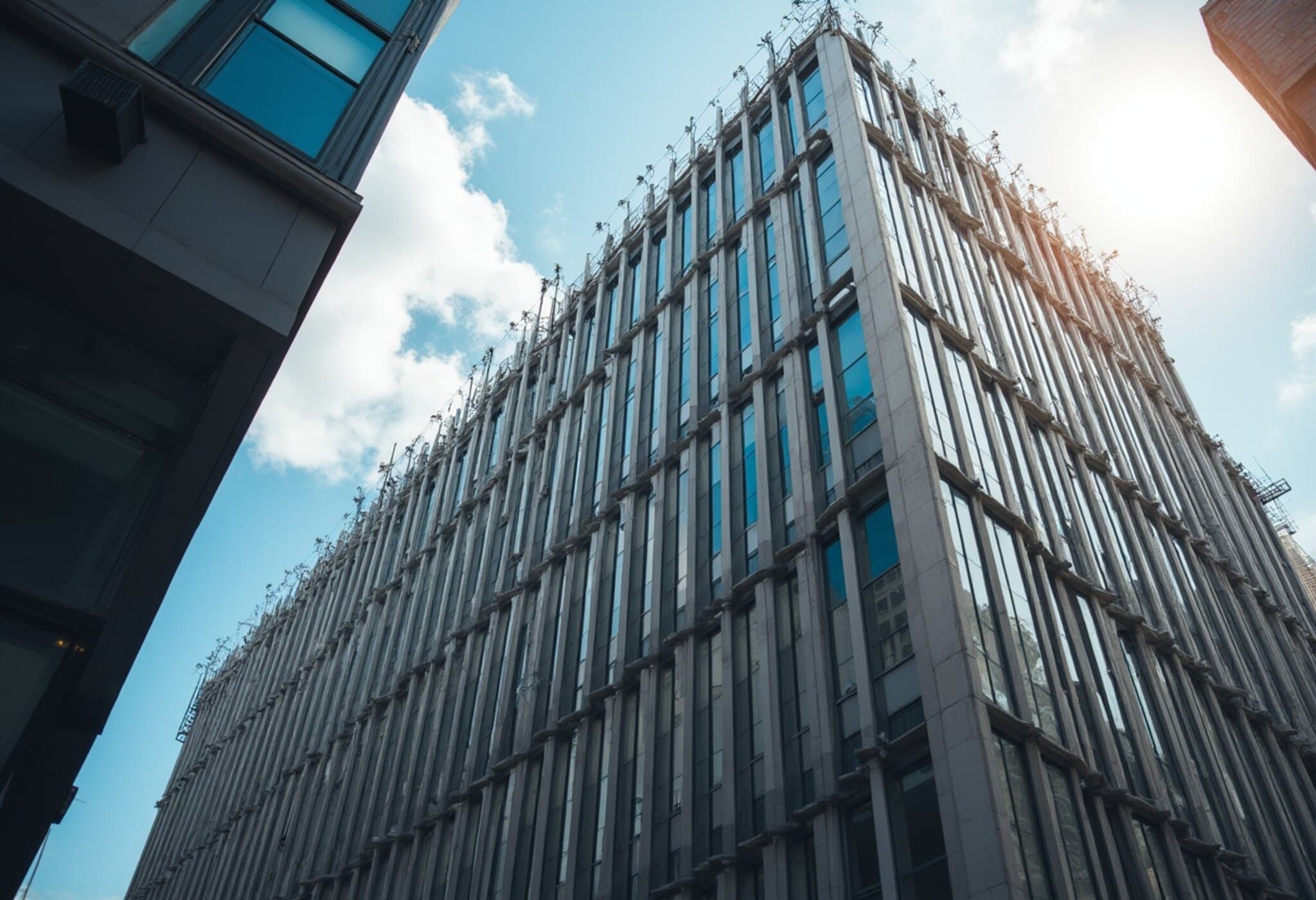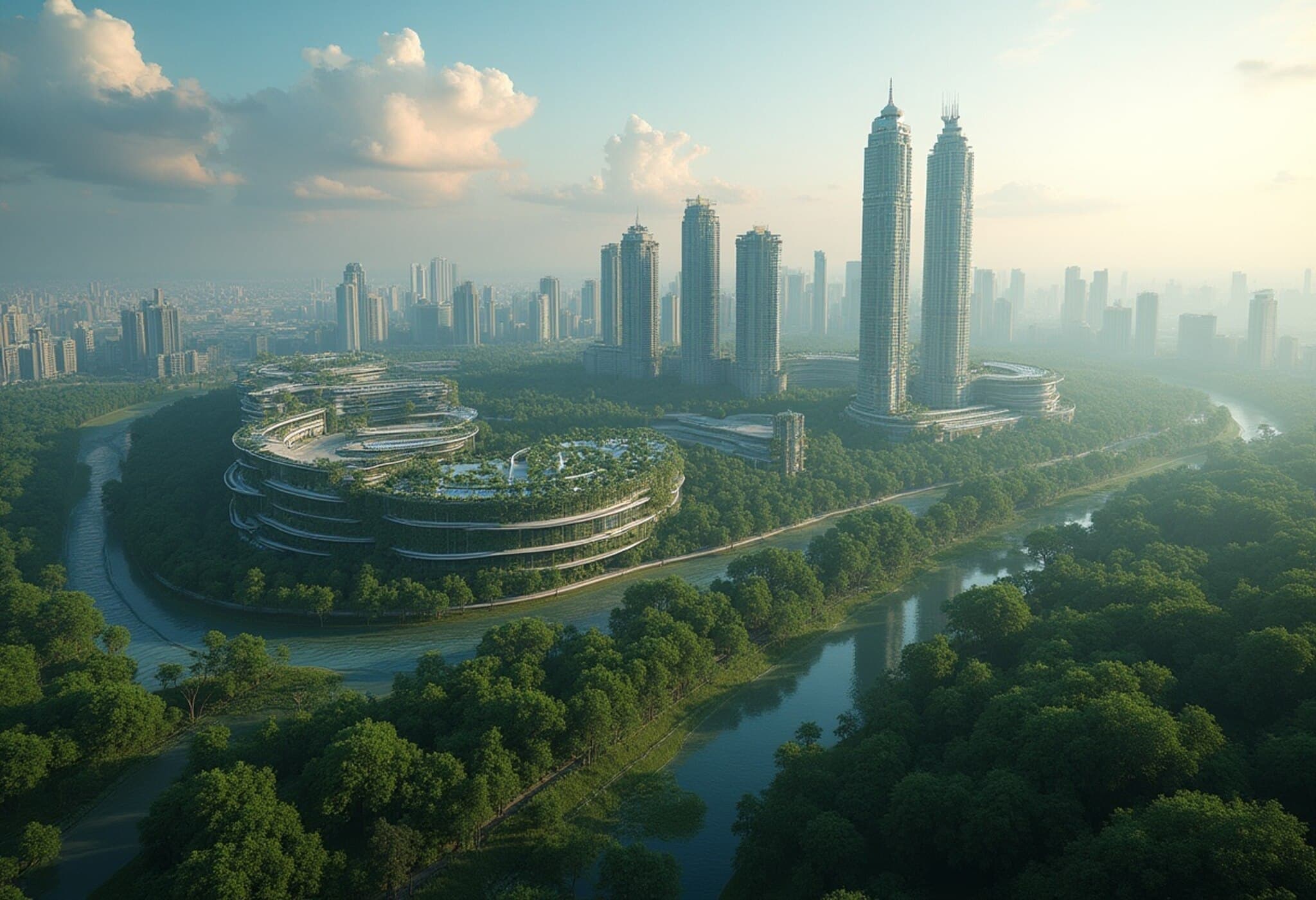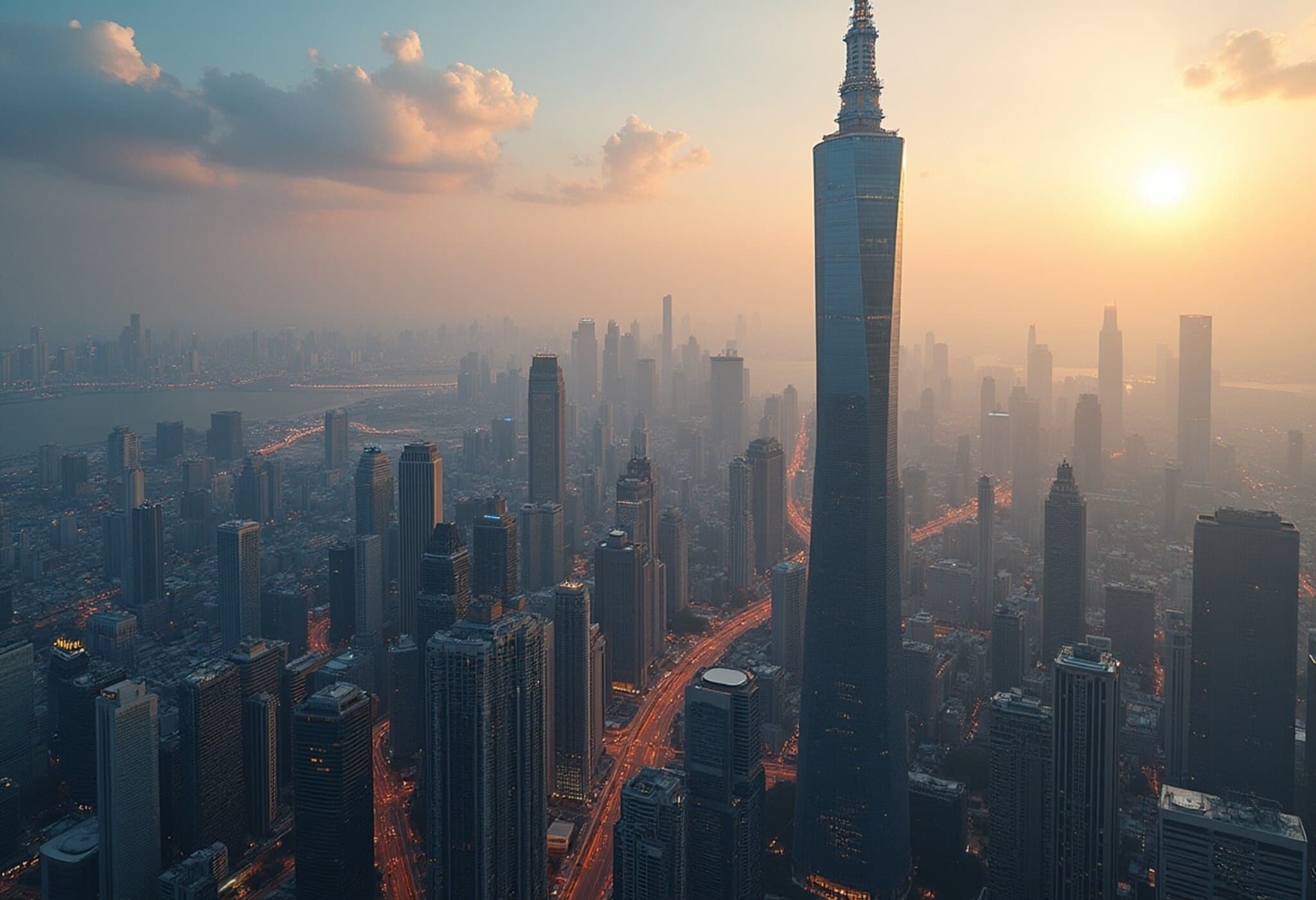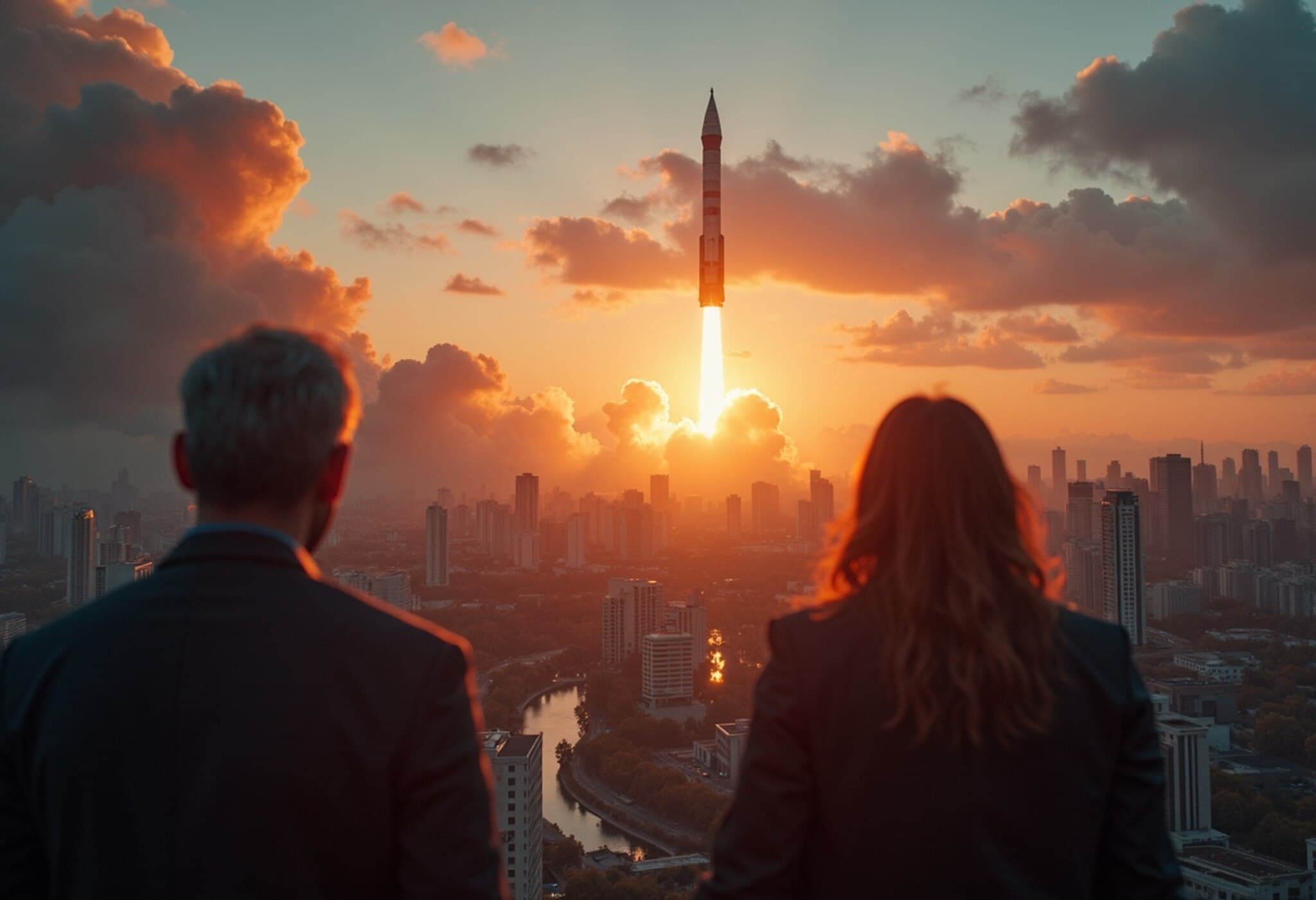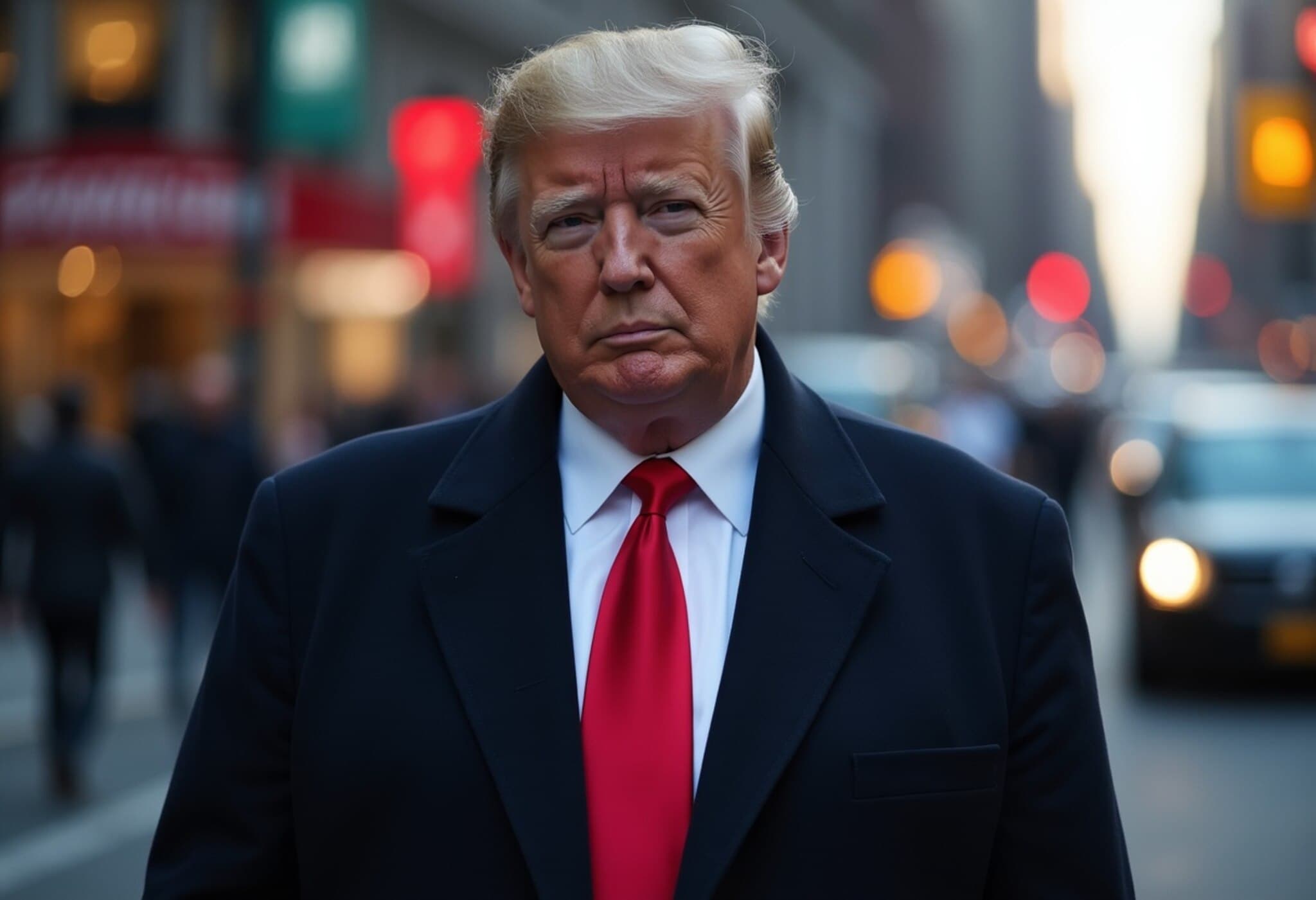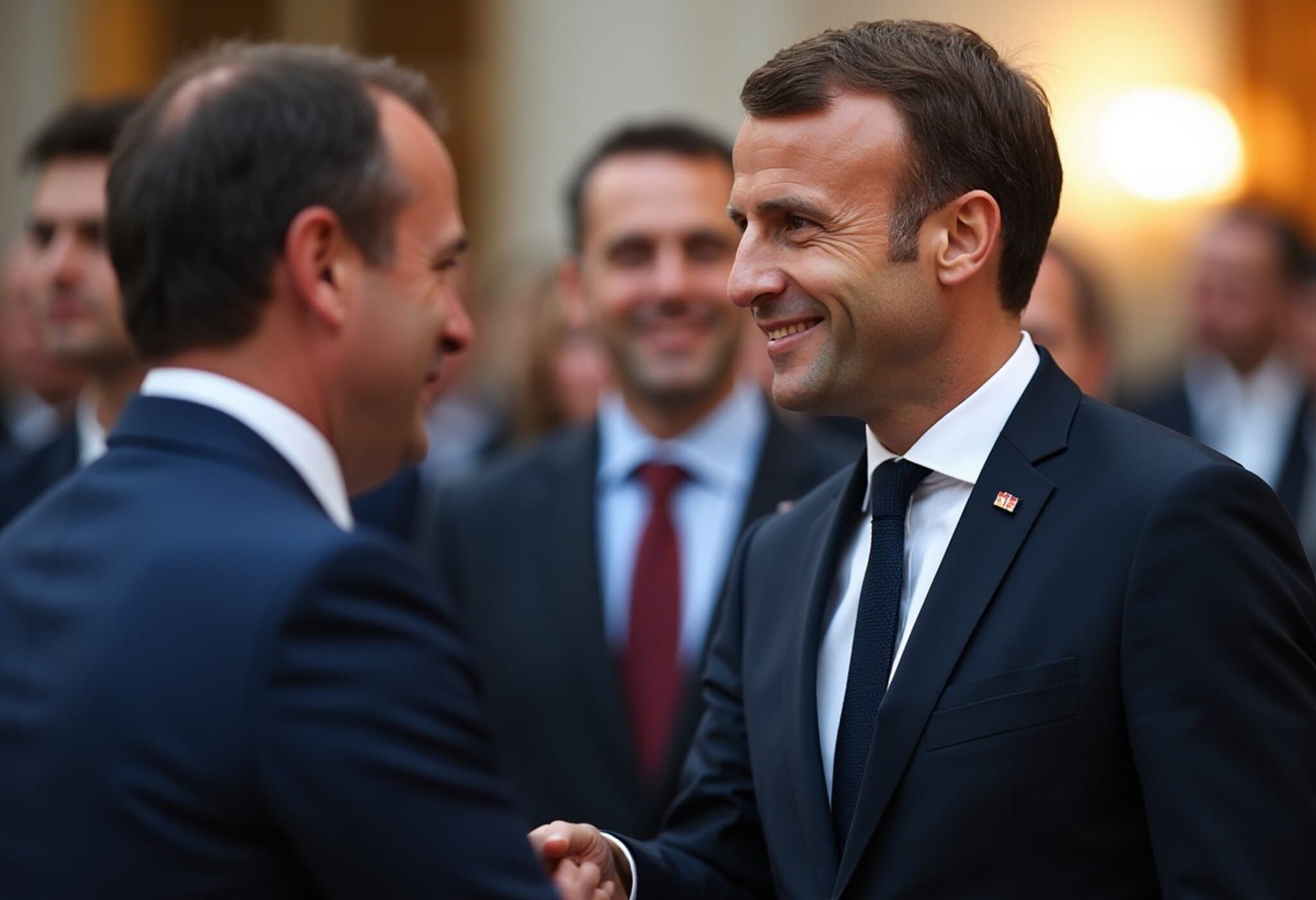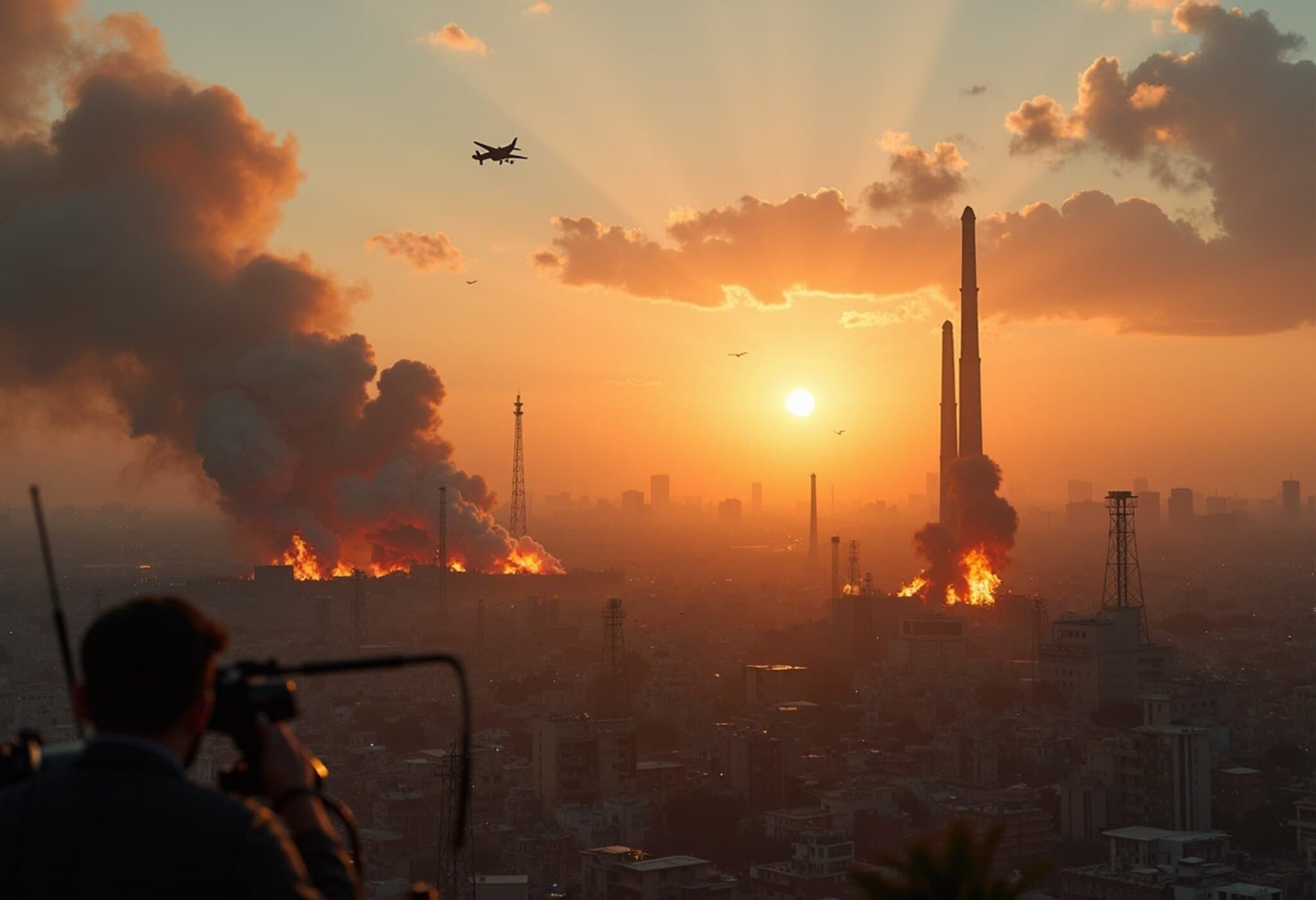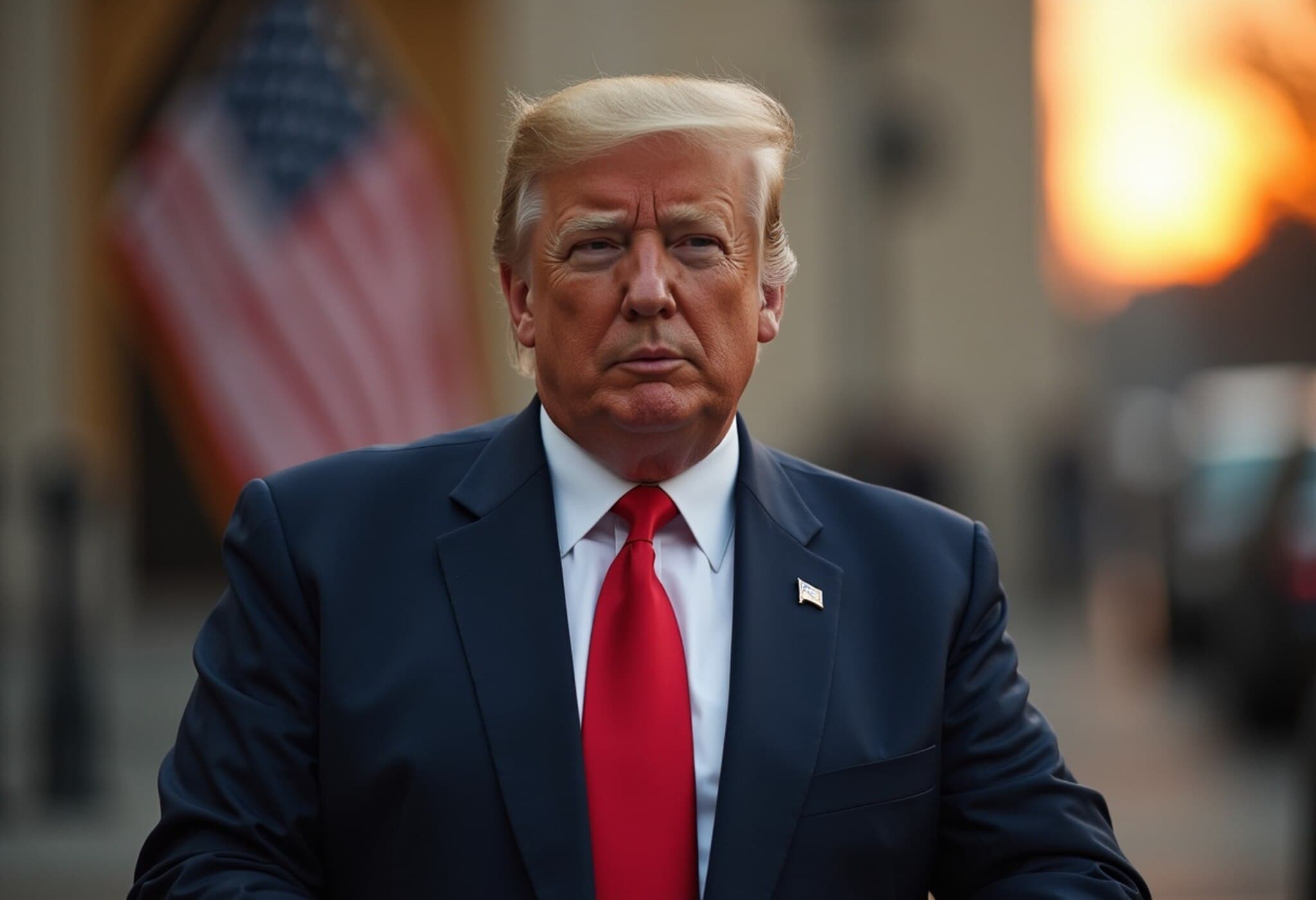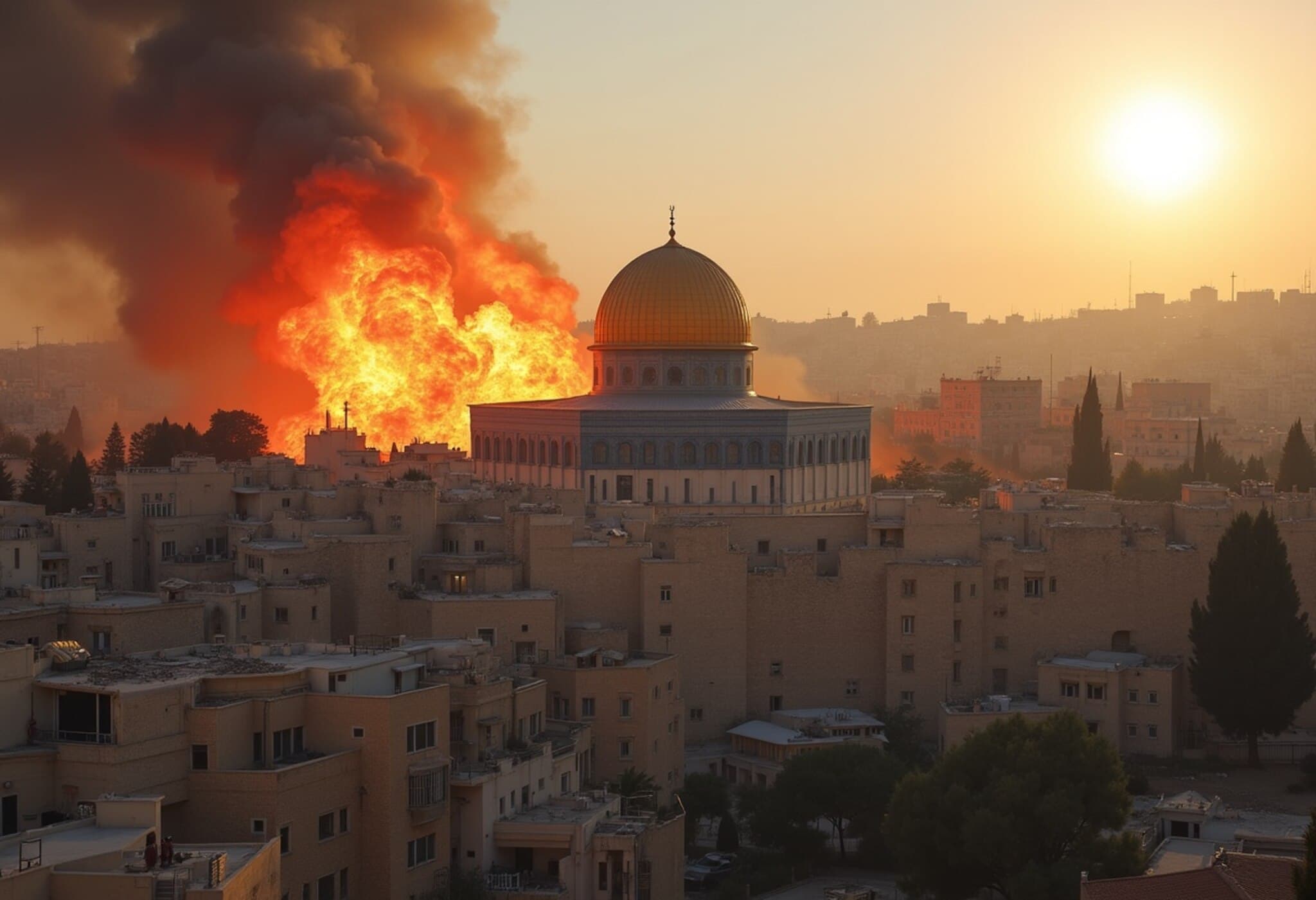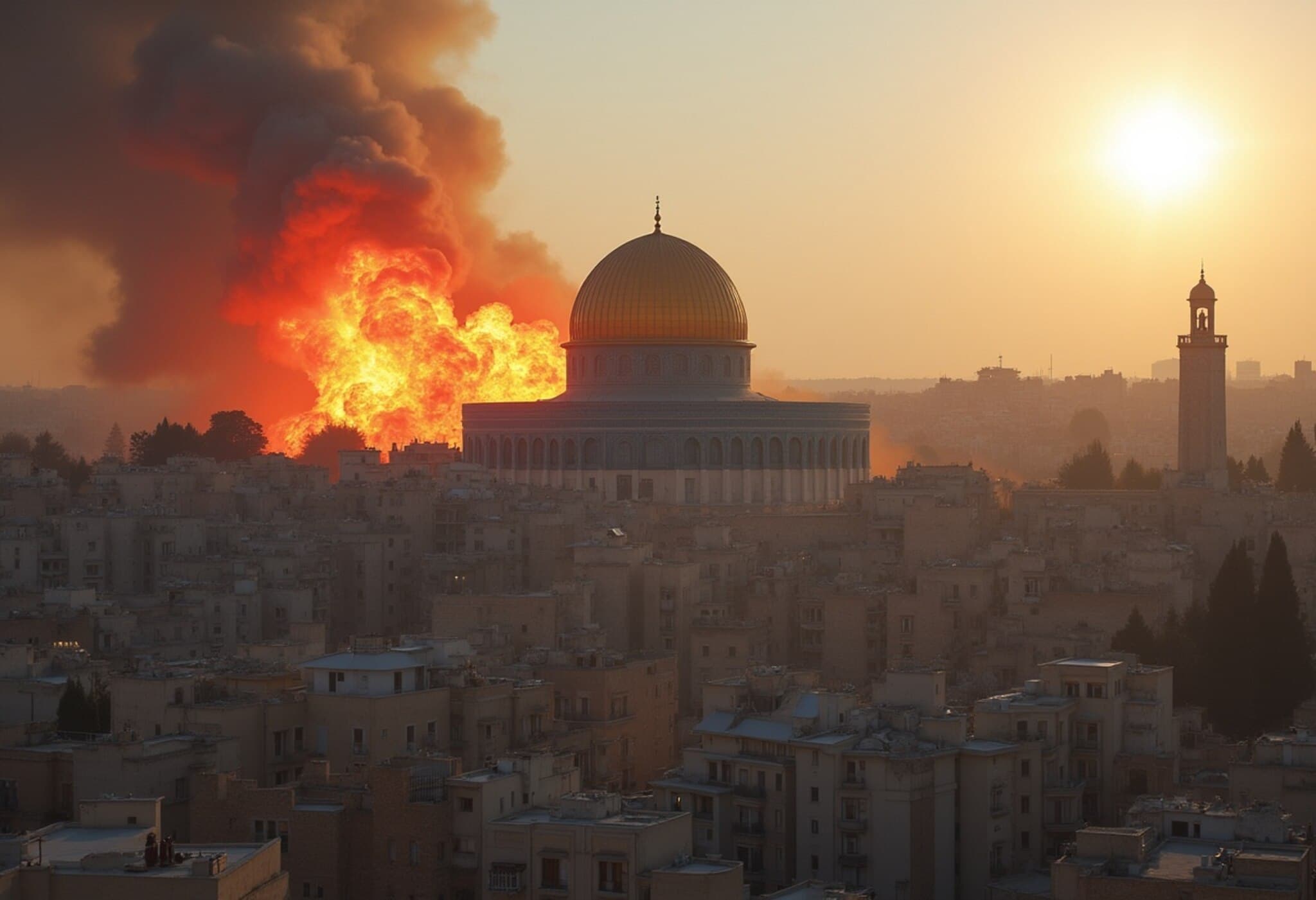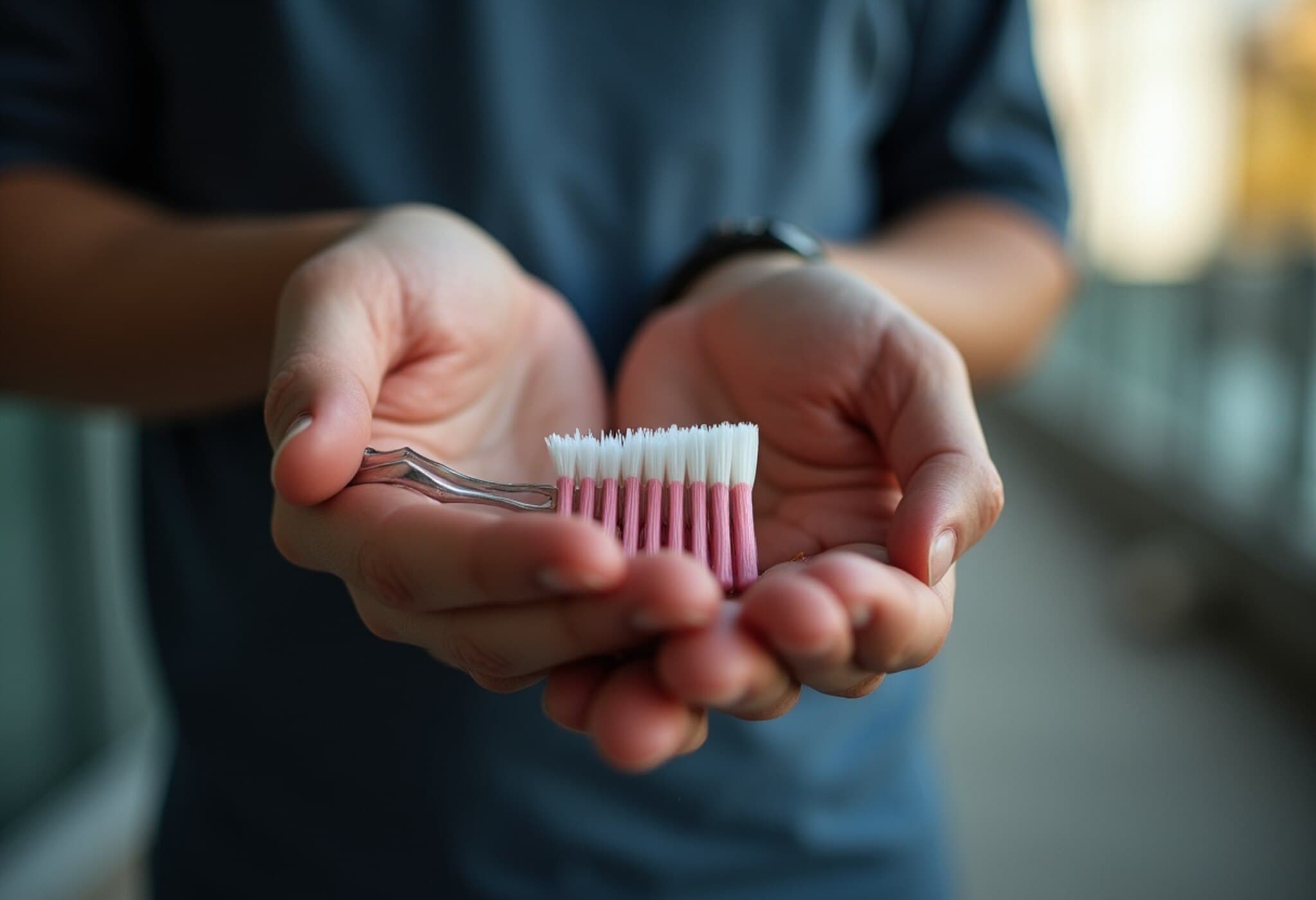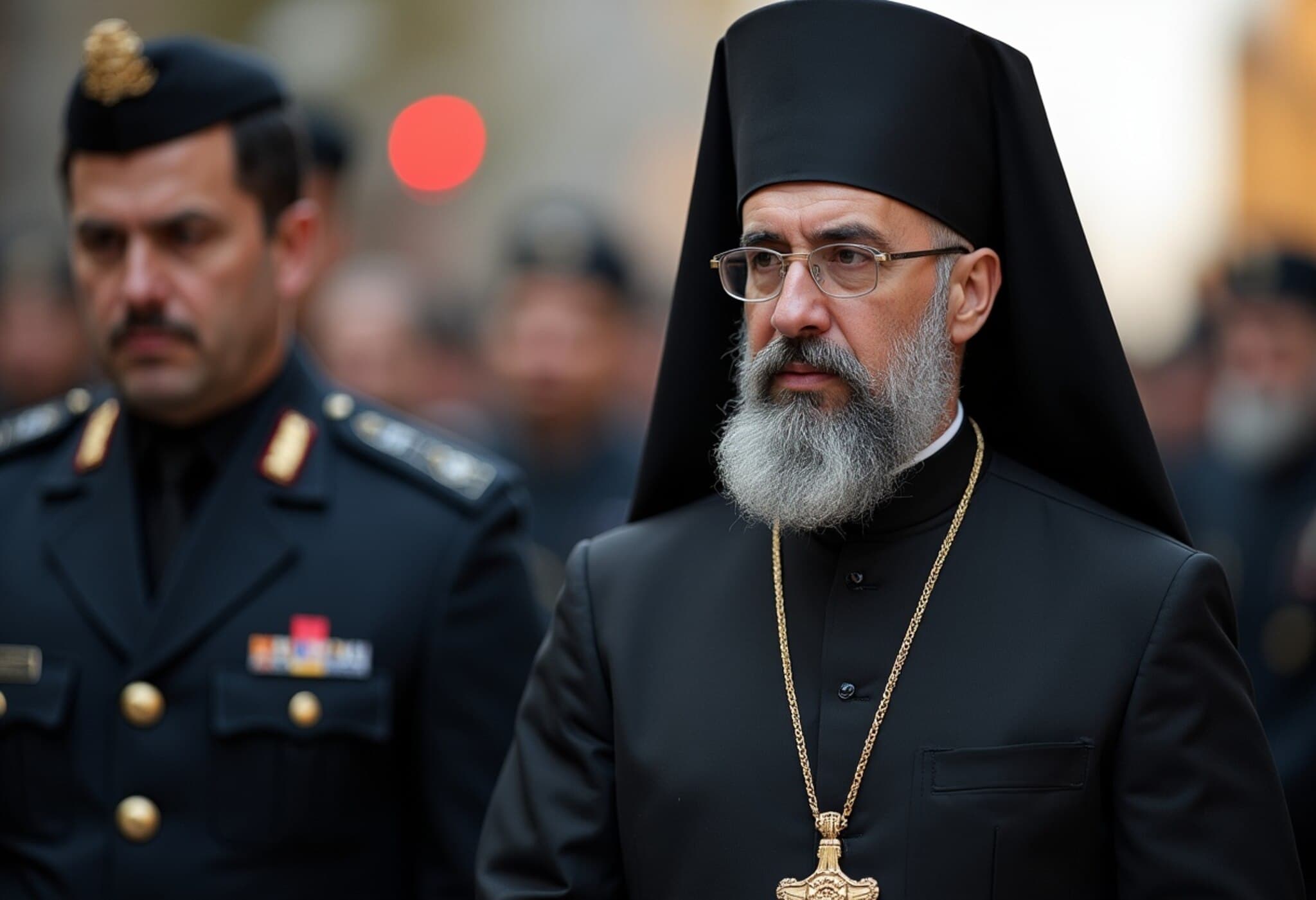Eric Trump Eyes Luxury Hotel Project in Tel Aviv
Just weeks before a missile strike rattled Tel Aviv’s upscale Sarona district, Eric Trump, who manages the Trump Organization, showed interest in a major hotel project in the area. The Sarona neighborhood, known for its luxury malls and the Israel Defense Forces headquarters, was hit during the recent Iran-Israel conflict, raising questions about the feasibility and risks of launching a Trump-branded property in this volatile region.
Potential Deal and Strategic Ambitions
In mid-June 2025, following missile attacks by Iran targeting Israel's nuclear sites, one missile struck the Sarona area where a towering hotel — set to be Tel Aviv’s tallest — was under construction. According to insider information, the Trump Organization was in preliminary talks to oversee management and branding of this luxury hotel, boasting 800 rooms with VIP suites and lavish design elements.
Eric Trump expressed enthusiasm about entering the Israeli market during an April virtual meeting with local real estate leaders, describing the project as having "the feel of a Trump property" and proposing additional residential floors. His aim was to secure at least one finalized deal in Israel within the year.
Development Challenges Amid Conflict
The hotel project is led by the Nitsba Group, whose chairman has prior ties with the Trump family. However, the geopolitical tensions — highlighted by the recent missile attack on the Sarona district — complicate investment prospects. Experts warn that any Trump-branded property in this sensitive area could become a focal point politically or militarily, potentially turning the hotel into a target.
Eric Trump had also explored expanding the building upwards by 12 stories, although height restrictions near Ben Gurion Airport may restrict such plans. These legal and security concerns add layers of uncertainty to the project’s future.
Broader Middle East Expansion
Beyond Israel, the Trump Organization is reportedly pursuing opportunities in other strategic Middle Eastern markets, including Qatar, the United Arab Emirates, and Saudi Arabia. These nations, with their close alignment to U.S. foreign policy, present promising venues where the Trump brand has already gained traction.
While the ambitions are clear, the volatile regional environment underscores the challenges of expanding luxury developments amid ongoing security threats.

